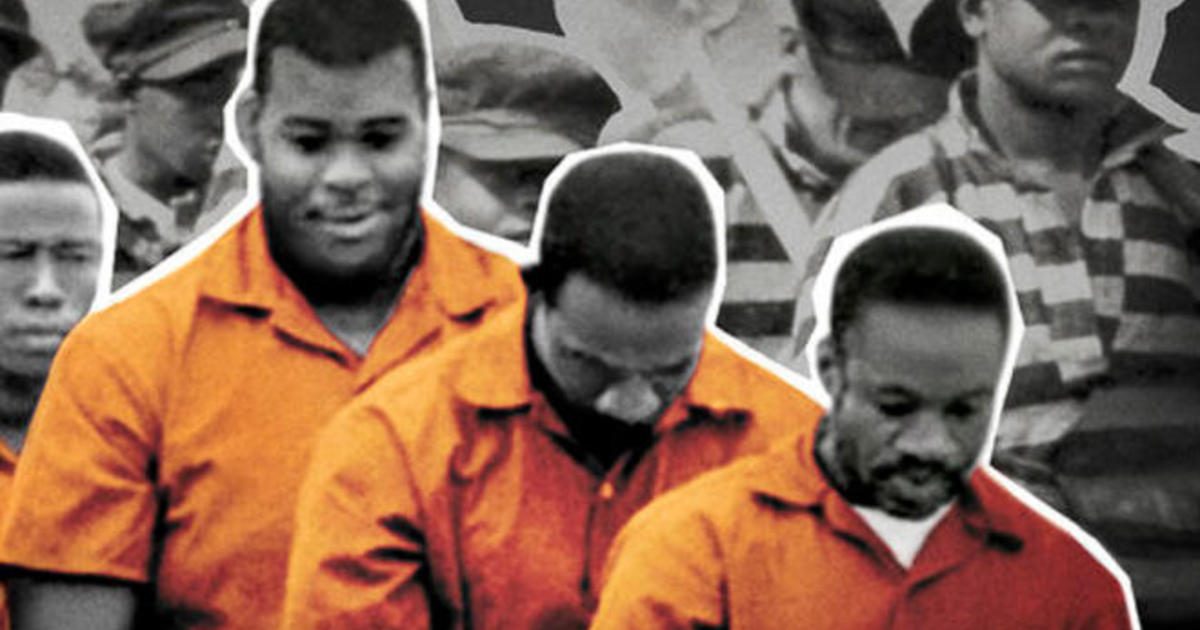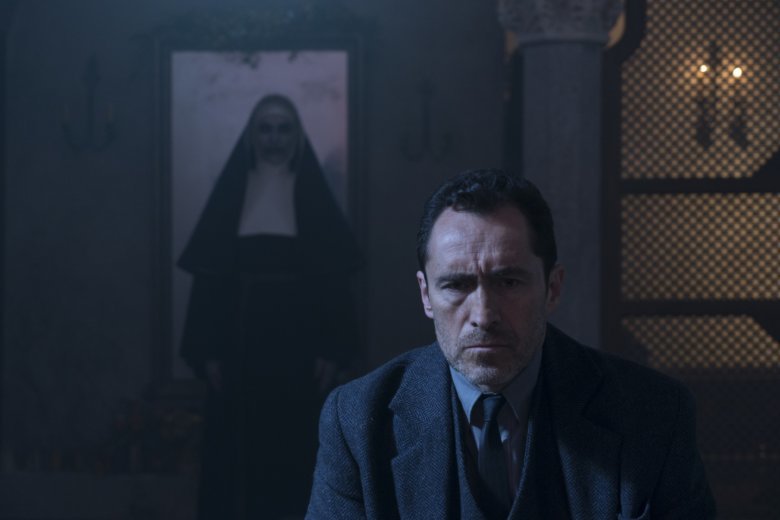
The film “13th” is a must see for anyone who wants to understand America’s ongoing struggle with race relations. This riveting documentary takes you step-by-step through the historical events that resulted in America containing 25% of the world’s prison population. With an excellent cast of interviewees and shocking archival footage, “13th” explores the underpinning economics, legislation and stereotypes that led to a form of “legalized slavery.”
The documentary starts with the 13th amendment to the U.S. Constitution which abolished slavery. The exception to the amendment are criminals. After the emancipation of Southern slaves following the Civil War, this clause was heavily exploited by those unwilling to relinquish slaves for both racial and economic reasons. This resulted in many blacks being arrested and put in jail for minor offenses. The thesis of this film explores how this loophole was continually used as a tool to keep black men in chains.
The movie is comprehensive and fast-paced but never loses the viewer. This is accomplished by the film’s incredibly well spoken cast of interviewees. It’s clear that the professors who are interviewed know their subject, but it is their delivery that makes it so fascinating and engaging.
The film also incorporates interviews from nuanced and experienced voices. Prominent civil rights activist Angela Davis gives a personal account of her clashes with the law and Republican leader Newt Gingrich gives a thoughtful and uncommonly sympathetic message from his party. This knowledgeable and diverse group of speakers is what lies at the foundation of this documentary.
Some of the more astounding issues that this film addresses are the capitalistic motivations that perpetuate mass incarceration. The most shocking example that they provide are the effects of the American Legislative Exchange Council. ALEC is an extremely influential lobbying group composed of corporate leaders. Members of this group include representatives from the cigarette, pharmaceutical, firearm, and private prison industries.
The film shows how ALEC would “recommend” bills to Congress, which were often copied verbatim and codified into law. The film lays bare how these bills, which enforced extremely harsh sentences on convicts to fill prisons, posed a clear conflict of interest.
Despite the film’s positives, it is not perfect. It tells its message with such force and conviction that it doesn’t incorporate any articulate counter-arguments. The film only interviews two people from the opposition.
One of them, a congressman from Maryland, attempts to defend ALEC. Instead of providing the group’s actual dogma, he comes off as a bumbling fool who spends most of his interview denying that ALEC had any involvement. The film would have benefited greatly if it were to include someone who presented a counter ideology rather than a straw-man.
Overall, this film will leave you shocked and infuriated. Regardless of your political affiliation, this documentary is essential viewing.














